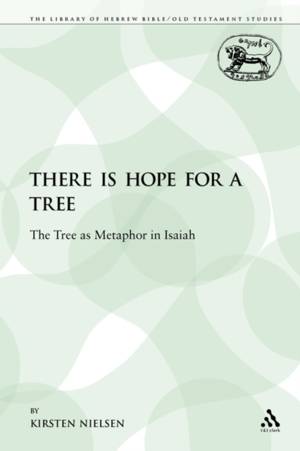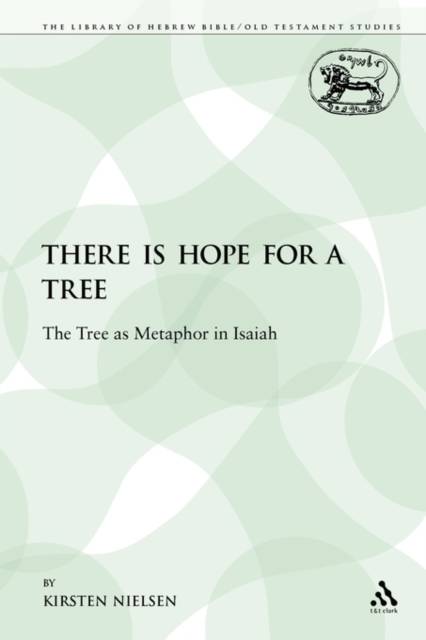
Bedankt voor het vertrouwen het afgelopen jaar! Om jou te bedanken bieden we GRATIS verzending (in België) aan op alles gedurende de hele maand januari.
- Afhalen na 1 uur in een winkel met voorraad
- In januari gratis thuislevering in België
- Ruim aanbod met 7 miljoen producten
Bedankt voor het vertrouwen het afgelopen jaar! Om jou te bedanken bieden we GRATIS verzending (in België) aan op alles gedurende de hele maand januari.
- Afhalen na 1 uur in een winkel met voorraad
- In januari gratis thuislevering in België
- Ruim aanbod met 7 miljoen producten
Zoeken
Omschrijving
Insights gained from the study of metaphorical language in other fields, particularly New Testament parable research, are here applied to the tree metaphors in Isaiah 1-39. The focus of investigation is the content of the metaphors, the intentions underlying their use, and the consequences of that use. The author suggests that (1) the informative function of the tree metaphors is to provide theological interpretations of the political situation; (2) the performative function of the metaphors is to engage the audience in such a way that they adopt the metaphors' interpretation of reality as their own; (3) the use of metaphorical language encourages continual reinterpretation of the original proclamation. The tree in the Garden, the felling of trees, new growth of felled trees and the forest fire, are among the images Isaiah uses to make his political statements. He shows himself to be an extremely competent rhetorician in using these images to instil an active response in his audience. The modes in which the metaphors can be reinterpreted and reapplied in new contexts are perceived as significant not only for the composition of Isaiah, but for that of subsequent religious literature.
Specificaties
Betrokkenen
- Auteur(s):
- Uitgeverij:
Inhoud
- Aantal bladzijden:
- 301
- Taal:
- Engels
- Reeks:
- Reeksnummer:
- nr. 65
Eigenschappen
- Productcode (EAN):
- 9780567582386
- Verschijningsdatum:
- 1/11/2009
- Uitvoering:
- Paperback
- Formaat:
- Trade paperback (VS)
- Afmetingen:
- 156 mm x 234 mm
- Gewicht:
- 430 g

Alleen bij Standaard Boekhandel
+ 162 punten op je klantenkaart van Standaard Boekhandel
Beoordelingen
We publiceren alleen reviews die voldoen aan de voorwaarden voor reviews. Bekijk onze voorwaarden voor reviews.









